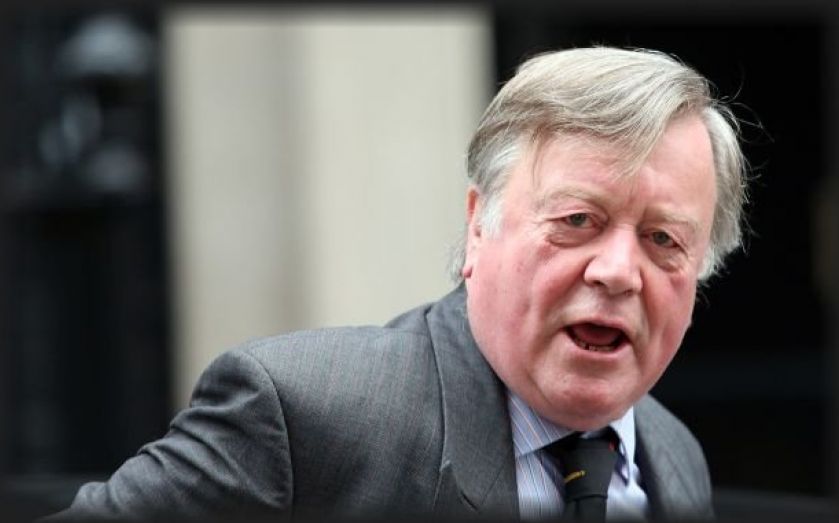| Updated:
Kenneth Clarke: UK economy “fragile” and recovery “not firmly rooted”

Kenneth Clarke has warned that the UK economy is “fragile” and vulnerable to shocks.
The former Tory chancellor said in an interview with The Observer that the UK must break out of the “ludicrous cycle” of house price booms followed by crashes.
He indicated that in some ways he admired the coalition's approach since the 2010 election, saying that it had saved the country from economic calamity by reining in spending. He also described himself as a “great fan” of current chancellor George Osborne.
But his opinions on the current and future state of the economy provide a stark contrast to those of Cameron and Osborne, both of whom have been bullish in their messages about positive growth and job creation.
Clarke believes that the economy is not “firmly rooted” and that it still lacks the base of productivity that is essential for the UK to stand as a genuine competitor in global markets, saying that it currently has a “long, long way” to go before it will be competitive enough to deliver sustainable growth and compete with emerging powers like China and Brazil.
He thinks that the UK should therefore concentrate improving manufacturing to match other, more successful industries. "It's not firmly enough rooted on a proper balance between manufacturing and a wide range of services and financial services," he said. "I mean, we have this mystery of why we can't get productivity to start rising again."
He added hat we should be particularly wary of triumphalism, and that "a bit of cyclical upswing" in recent months is no clear indication that economic recovery is being achieved.
Clarke spent 40 years in government, but stepped down from the cabinet on Thursday amid Cameron's reshuffle. However, he intends to stand again next year: an ambition driven partly by his belief that leaving the European Union would be bad for the UK.
Should he be re-elected, David Cameron has promised to hold an in/out referendum for the UK's position in the European Union before the end of 2017. But Clarke says that this would leave Cameron and future prime ministers as “diminished figures on the world stage”, and render the UK incapable of influencing economic rules which would have a direct impact on its future.
"Being prime minister will be a less important job if we leave the European Union. You'd become a minor player in all kinds of situations," he said.
To get the UK on track, Clarke suggested that the next five years should involve a focus on pushing reforms that enhance skills, training and education, and on boosting research and development.